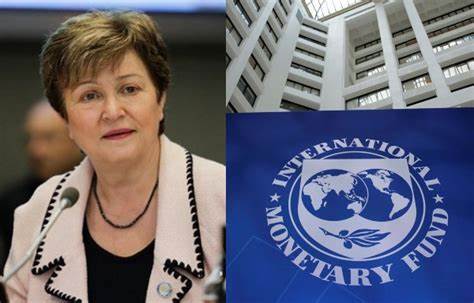By Asmau Ahmad
The Executive Board of the International Monetary Fund (IMF) has backed the proposal for a new general Special Drawing Rights (SDR) of $ 650 billion to address reserves during the COVID-19 crisis.
IMF Managing Director, Ms Kristalina Georgieva said this in a statement on Friday in Washington DC on the board’s decision to support the general allocation of SDRs.
Alluding to the SDR as the largest allocation in the IMF’s history, Georgieva said that the fund was to address the long term global needs for reserves during the worst crisis since the Great Depression.
She said: “I will now present the new SDR allocation proposal to the IMF’s Board of Governors for their consideration and approval. If approved, we expect the SDR allocation to be completed by the end of August.
“This is a shot in the arm for the world as the SDR allocation will boost the liquidity and reserves of all our member countries, build confidence and foster the resilience and stability of the global economy.
“In 2009, an SDR allocation contributed significantly to recovery from the global financial crisis and I am confident that this new allocation will have a similar benefit now.”
According to Georgieva, the SDR allocation will help every IMF member country, particularly vulnerable countries and strengthen their response to the COVID-19 crisis.
She said that the fund would maintain active engagement with its membership in the months ahead to identify viable options for voluntary channeling of SDRs from wealthier members to support its poorer and more vulnerable countries.
According to her, this is with a view to help their pandemic recovery and achieve resilient and sustainable growth, which will also help boost global economic recovery.
SDR is an international reserve asset created by the IMF to supplement the official reserves of its member countries. It is not a currency but a potential claim on the freely usable currencies of IMF members and as such could provide a country with liquidity.
The SDR is defined by a basket of currencies such as the U.S. dollar, Euro, Chinese Yuan, Japanese Yen and the British Pound.




